We make decisions every day, sometimes even without being aware of it, as they blend into a routine. No matter how small and seemingly insignificant they may be, they are important because, indirectly, they influence other, bigger decisions and, consequently, our future lives. Sometimes we make decisions on our own, and sometimes we are forced or inspired by someone else, but they are always ours and we bear responsibility for everything they entail. This is something that needs to be learned and accepted. Even when the choice is wrong and makes you feel bad, understand that it’s the choice you made and that you’re traversing a part of the path you’ve chosen yourself. Our whole life consists of choices: what to wear in the morning, which way to go to work, what to have for lunch, whether to have a drink; whether to change jobs, whether this is the right life partner, whether to buy a house… Whether it’s small, everyday decisions or big, life-changing ones – each one can be a turning point. So choose carefully. Before making a decision, always define the goal you want to achieve. When making choices, always involve both the heart and the mind. Probably one of these two will prevail, depending on your personality, the moment, and circumstances… We don’t make the same decisions at twenty as we do at forty. As time passes, we change as individuals, the experiences we gain throughout life influence the shaping of our personality, as well as our relationship with the world around us.
Don’t underestimate the significance of any decision, especially those that will significantly impact your life. Think carefully about possible scenarios and final results. Are you ready to accept the worst option? What are your alternatives? If you’re not sure exactly what you want, you can also use the process of elimination. Start with what you don’t want, which is mostly based on your life beliefs and preferences. You don’t want to live abroad because you don’t want to be far from your parents; you don’t want to sell drugs because it’s a path to hell for those who consume them; you won’t eat meat because you love animals; you don’t want to try extreme sports because you value your life, etc. This way, you’ll create a framework in which you can move freely and choose the remaining alternatives. Additionally, in the process of making important decisions, it’s desirable and beneficial to involve other people. In companies, for example, market research (customers and competitors) is conducted before making any decision, and then it’s analyzed from all aspects before a final decision is made. No one can be sure of the correctness of the decision, but at that moment, you’ve chosen the best option based on the available information. Consultations help you see the bigger picture and not overlook some important aspects. It’s the same in private life – close people who know you (but are not subjective) can provide a lot of help with advice. That’s why it’s extremely important to have a good and honest friend with whom you can seriously discuss challenges and decisions. Making the right decision requires a detailed analysis of the situation, but you shouldn’t think too long and too much, as you can unnecessarily delay making a decision and fall into the trap of “analysis paralysis.” If, due to your insecurity, indecisiveness, or fear, the decision remains “cooking” for too long – it may remain permanently questionable. Be a “realistic optimist” and believe that every new decision leads to a better life, or at least to harmony with yourself.
It’s very important not to make decisions in the heat of the moment and under strong emotions. Of course, this happens to each of us because we’re human, not machines. Some people follow the rule of “count to ten” and then react; some rarely apply it (like me). It’s necessary to know yourself well and know what you sincerely want. If your anger doesn’t subside, it will transform into determination to change the quality of your life. The most important thing is to be satisfied with your life. And if you’re not, then choose again, and change your decisions. It’s not scary. Others do the same. It will surely happen to you, at some point, that the choice you made didn’t lead to the desired results or they are entirely different from what you expected. Consider whether you can accept that (for example, the flaws of a person or the disadvantages and downsides of the company you work for) or whether you need to repeat the decision-making process (including newly learned factors for making a better decision). “Happiness is beautiful only while waiting for it,” among other things, confirms that the outcome we envision is much nicer than what we actually get in the end.
We’re not always satisfied with the choices we make in life, even though we made them. But these are just decisions we haven’t emotionally accepted. Life is ours, therefore – all decisions are ours, and they should be in line with the standards of the one living that life.

